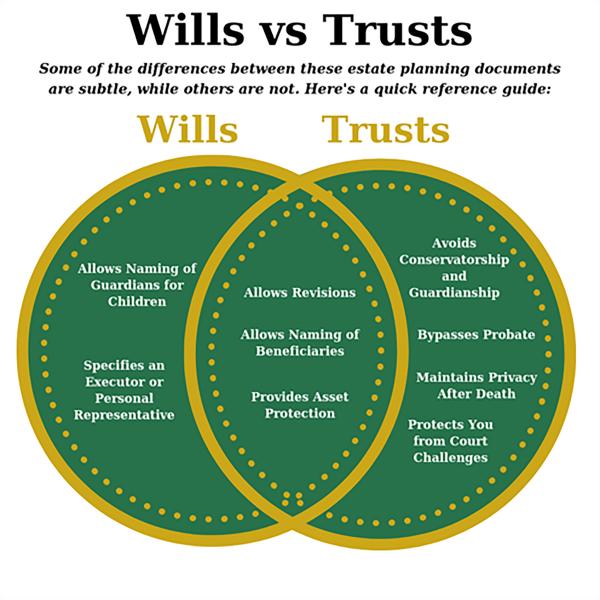
Of course, beneficiary designations have been around a long time. This is nearly always the case with insurance policies, which are typically paid to one or more named individuals rather than a person’s estate. It is also the case with most types of tax-deferred accounts, which typically are paid primarily to a spouse if there is one and secondarily to children or other beneficiaries. But the current trend is to use these types of designations for other assets such as checking or savings accounts or non-IRA investment accounts at a brokerage house.
This sort of planning may work where there are only one or two beneficiaries receiving the property and they trust each other and cooperate well. But as the number of potential beneficiaries increases, the risk for non-cooperation also increases, along with the possibility of a beneficiary unexp ...



